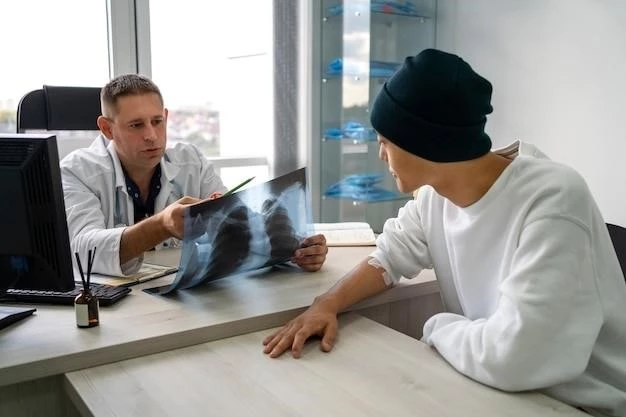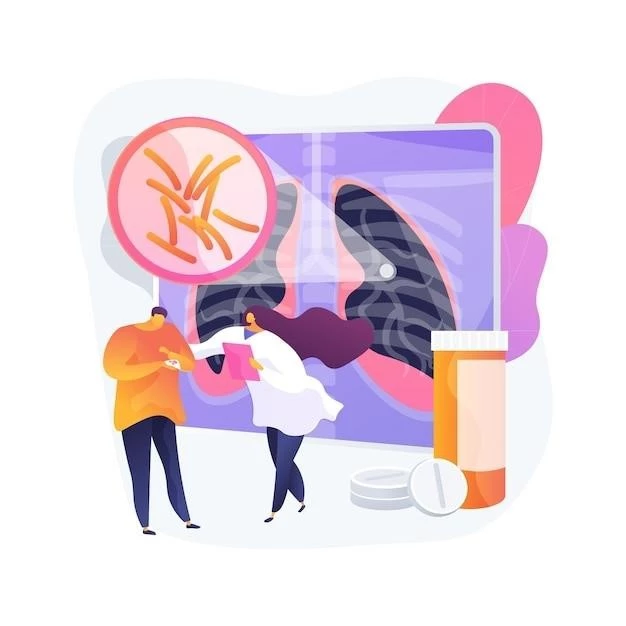Learn about the causes of Bronchiolitis Obliterans, including risk factors, lifestyle changes, complications, and prevention strategies.
Causes of Bronchiolitis Obliterans
Bronchiolitis Obliterans can be caused by inhaling toxic fumes, lung infections, or autoimmune reactions. Exposure to harmful chemicals like chlorine or ammonia is a common cause. Lung transplant rejection can also lead to this condition.
Symptoms of Obstructive Pulmonary Disease
Common symptoms of Obstructive Pulmonary Disease include shortness of breath, coughing, wheezing, chest tightness, and excess mucus production. Individuals may experience fatigue, frequent respiratory infections, and decreased ability to exercise. Seeking medical evaluation is crucial if these symptoms are present.
Diagnosis of Bronchiolitis Obliterans
Diagnosing Bronchiolitis Obliterans involves lung function tests, imaging studies like CT scans, and sometimes a lung biopsy for confirmation. Medical history, physical examinations, and monitoring symptoms are crucial steps. Early and accurate diagnosis is essential for effective management and treatment planning.
Treatment Options for Obstructive Pulmonary Disease
Treatment for Obstructive Pulmonary Disease involves medications like bronchodilators, corticosteroids, or oxygen therapy. Pulmonary rehabilitation programs, lifestyle modifications, and surgical interventions may be recommended in severe cases. Early intervention and adherence to treatment plans are key in managing the disease.

Risk Factors, Lifestyle Changes, Complications, and Prevention Strategies
Risk factors for Bronchiolitis Obliterans include exposure to toxic substances, lung infections, and certain medical conditions. Lifestyle changes for managing Obstructive Pulmonary Disease involve quitting smoking, staying active, and maintaining a healthy weight. Complications of Bronchiolitis Obliterans may include respiratory failure and the need for lung transplant. Prevention strategies for Obstructive Pulmonary Disease focus on avoiding environmental pollutants, practicing good hygiene, and getting vaccinated against respiratory infections.
